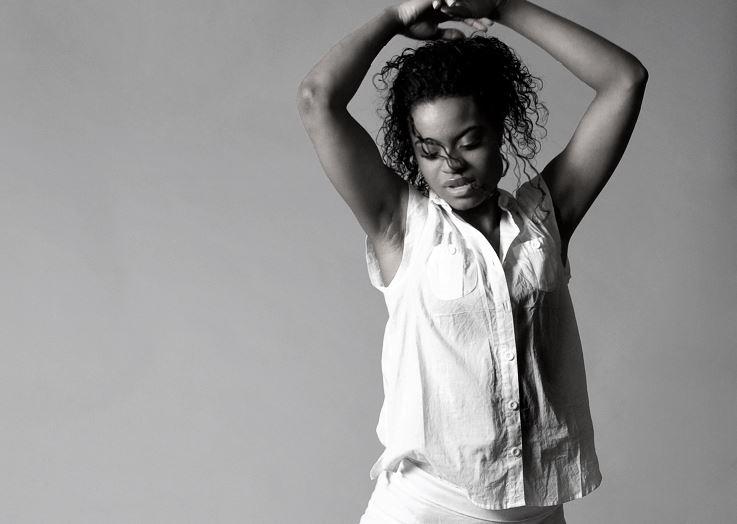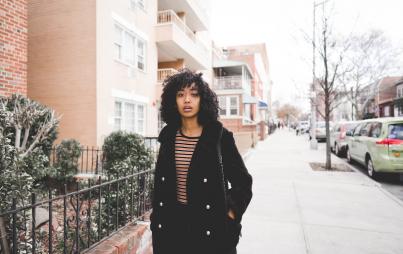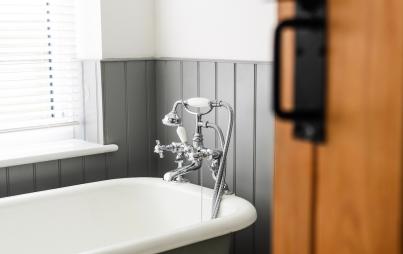
Credit: Thinkstock
Not placing ourselves first is costing Black women more than peace of mind.
Audre Lorde, a Black Feminist theorist and activist, once opined about the importance of self-care. She said, in part, that caring for one’s self “is not self-indulgent.” Instead, Lorde explained, self-care “is self-preservation” and is also “an act of political warfare.” Lorde’s perspective is critical, especially for Black women. We spend significant portions of our lives shouldering the burdens of others with little concern for our own health and happiness. Navigating a racist, sexist, homophobic, and classist world is harmful for Black women. Lessening the impact of oppression is an impossible task, but centering our needs and desires allows Black women to exact some semblance of pleasure in our lives.
The University of Kentucky’s Department of Student Affairs defines self-care as a series of intentional actions that increase mental, emotional, and physical health. The university also notes that self-care is difficult for those who’ve survived interpersonal violence and abuse. How challenging is it, then, for Black women to exact self-care? We’ve endured centuries of oppression, enslavement, and immense brokenness. We’ve borne witness to a cultural disregard for our pain and our losses and our burdens—and we’ve survived.
Self-care is a radical feminist act for Black women because we’ve spent generations in servitude to others. In fact, Black women have often been considered properties of our communities.
Villages raise children, and in many communities of color, the responsibility of rearing children and offering support to multiple members of the village falls upon the shoulders of Black women. We’re conditioned to believe that we’re obligated to nurture others at our own expense. With no regard for ourselves and our needs, Black women are often fed the crooked, and unfair, idea that our allegiance to those within our communities requires our needs to come last.
Dr. Shanesha Brooks-Tatum regards self-care as a subversive act because it allows Black women to center their own needs, which we have been unable to do historically. As she wrote in an essay for The Feminist Wire:
“It’s subversive to take care of ourselves because for centuries Black women worldwide have been taking care of others, from the children of slave masters to those of business executives, and often serving today as primary caregivers for the elderly as home health workers and nursing home employees."
For me, self-care is a reason to travel. Jetsetting to a luxurious tropical locale that serves unlimited mixed drinks gives me the much-needed centering I need. After I’ve given so much of myself and my energy to others—to my partner, to my family, to my students, to my editors, and to my colleagues—I now recognize when it’s time to devote time to rejuvenation and relaxation. Crossing into international time zones allows me the space to unplug from the world and be present in moments without feeling guilt. Using art, teaching, and researching to illuminate racism, sexism, and other oppressions is important work, but it has also taken a significant toll on me.
Self-care is listening to what my body tells me, and honoring whatever it needs at that time. Not overexerting myself is self-care. Participating in activities that I love, like reading or hiking or tweeting or watching TV or doing nothing, is self-care. Self-care, for me, is a consistent effort to place myself and my needs at the forefront of my priorities.
Not placing ourselves first is costing Black women more than peace of mind. Despite her brilliance, Lorde died from breast cancer after spending her entire life in servitude to others.
Black women are entitled to moments of sunshine after spending centuries shrouded in the bleakness of enslavement. Placing ourselves at the center of our lives is an act of political warfare, as Audre Lorde so emphatically reminds us. Yet we must continue to remember that Black women are no good to others when we’re not first good to ourselves.
Lorde’s quote hangs on a mirror that I gaze into each morning, as a reminder of how much I matter. My needs are first, not last. Taking on the world and its injustices isn’t an obligation. I’m not Superwoman. Taking time for me is essential.







